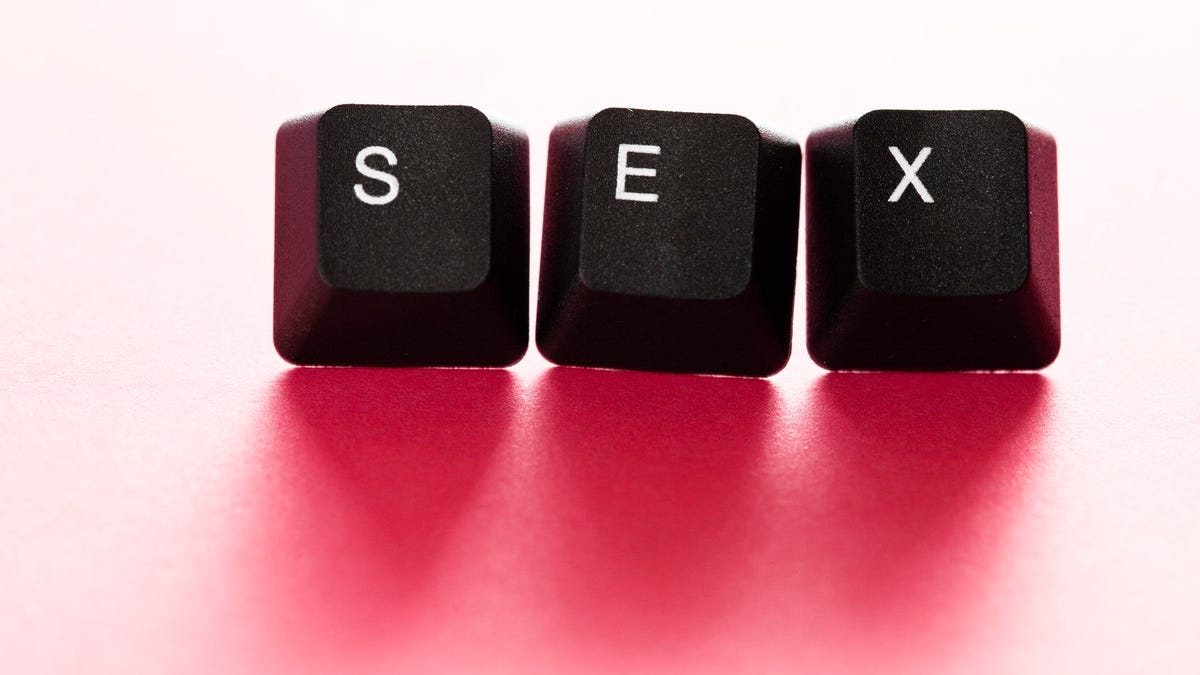Porn block: UK to require age checks for adult content as of July 15
No porn, please! We're British!

Avert your eyes, children.
Porn sites serving UK users will soon be required to confirm the age of visitors before letting them access content, the British government said Wednesday.
As of July 15, commercial providers of pornography will have to ensure that only those over the age of 18 are able to access adult content, to protect minors.
It'll be up to individual sites and services to choose how they carry out verification. Options include face-to-face verification in stores, which would let people buy a so-called "porn pass," or the use of a service like Mindgeek's AgeID system, which lets people upload scans of their passports or driving licenses to be verified by a third party.
Age checks were originally supposed to come into effect this spring as part of the Digital Economy Act 2017, but they were delayed while the government worked out the details of the new rules. The British Board of Film Classification will be in charge of ensuring that porn sites comply with the law. Those that fail to do so could be blocked.
"Adult content is currently far too easy for children to access online," Margot James, UK minister for digital, said in a statement. "The introduction of mandatory age-verification is a world-first, and we've taken the time to balance privacy concerns with the need to protect children from inappropriate content."
Opponents of the new rules pointed out that they won't cover smaller sites or social networks, and can be circumvented by the use of VPNs. Others fear the systems used to verify age will be open to exploitation, and could result in people's privacy being violated and their browsing histories being circulated beyond their control.
"Having some age verification that is good and other systems that are bad is unfair and a scammer's paradise -- of the government's own making," Jim Killock, executive director of Open Rights Group, said in a statement. "Data leaks could be disastrous. And they will be the government's own fault. The government needs to shape up and legislate for privacy before their own policy results in people being outed, careers destroyed or suicides being provoked."
A spokesperson for the National Society for the Prevention of Cruelty to Children said that the charity regularly heard from young people whose views about sex, body image and healthy relationships had been negatively affected by exposure to online pornography.
"We want to make sure that when these new rules are implemented they are as effective as possible and protect children from coming across sexually explicit content," the spokesperson said. "To accomplish this, it is crucial the rules keep pace with the different ways that children are exposed to porn online."

